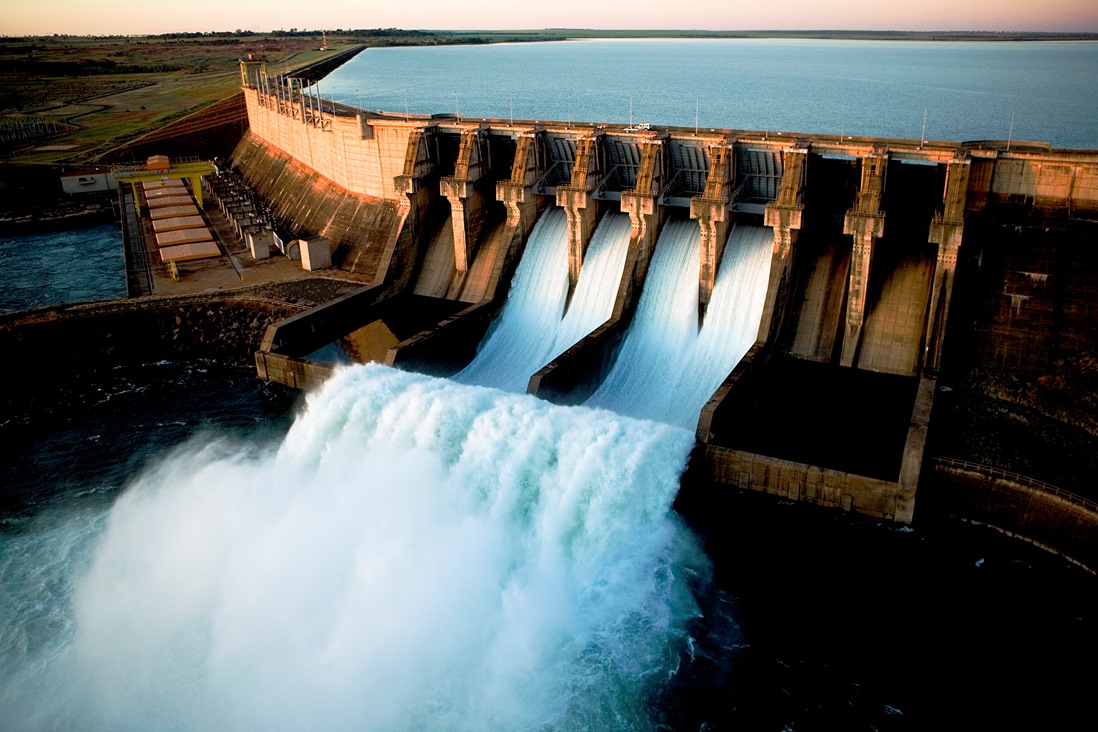By Lerato Ndlovu
Zimbabwe National Water Authority (ZINWA) has assured the nation and its clients that Quality Assurance Section team is working tirelessly to provide safe water as water treatment chemicals currently in stock enables uninterrupted water supply at its 534 stations countrywide.
Speaking to this publication, ZINWA’s corporate communication and marketing manager, Mr Marjorie Munyonga said that the parastatal is prepared to combat cholera and any other water borne diseases as it has enough chemicals.
“The Zimbabwe National Water Authority (ZINWA) has adequate water treatment chemicals stocks for all its 534 water supply stations around the country and stands ready to provide adequate, safe and clean drinking water to its clients in the wake of the cholera outbreak,”said Munyonga.
She alluded that the authority was on high alert for cholera the reason why it never recorded any cholera cases for some time now.
“Despite the fact that no cholera cases have been reported in the areas that ZINWA supplies treated water, the authority remains on high alert and has assured that all stations are adequately stocked with water treatment chemicals while the Quality Assurance Section continues to subject its water to rigorous quality tests during the various stages of production and distribution,” she added.
Although the parastatal has assured its clients of uninterrupted water supplies, unforeseen challenges like breakdowns, vandalism and power outages have however jeopardized their efforts. In some parts of Mashonaland West like Mhangura, Karoi and Banket the water authority is supplying rationed water services as a result of this.
Transfer of water supplies from ZINWA to Karoi Town Council (KTC) is said to be at high stages as the latter has accused the earlier of giving a shady deal to its residents. A source at the town council who requested anonymity confirmed the move and said the matter was now being handled by the Minister of Environment and Minister of Local Governance.
In Mhangura, water cuts have become a daily norm although Mrs Munyonga said the interruptions were as a result of rehabilitation exercises meant to individualize water connections from the current system where consumers are using water as a group. Residents are receiving water supplies 3 days a week which is rationed to 4 hours each.
